Uncategorized
-
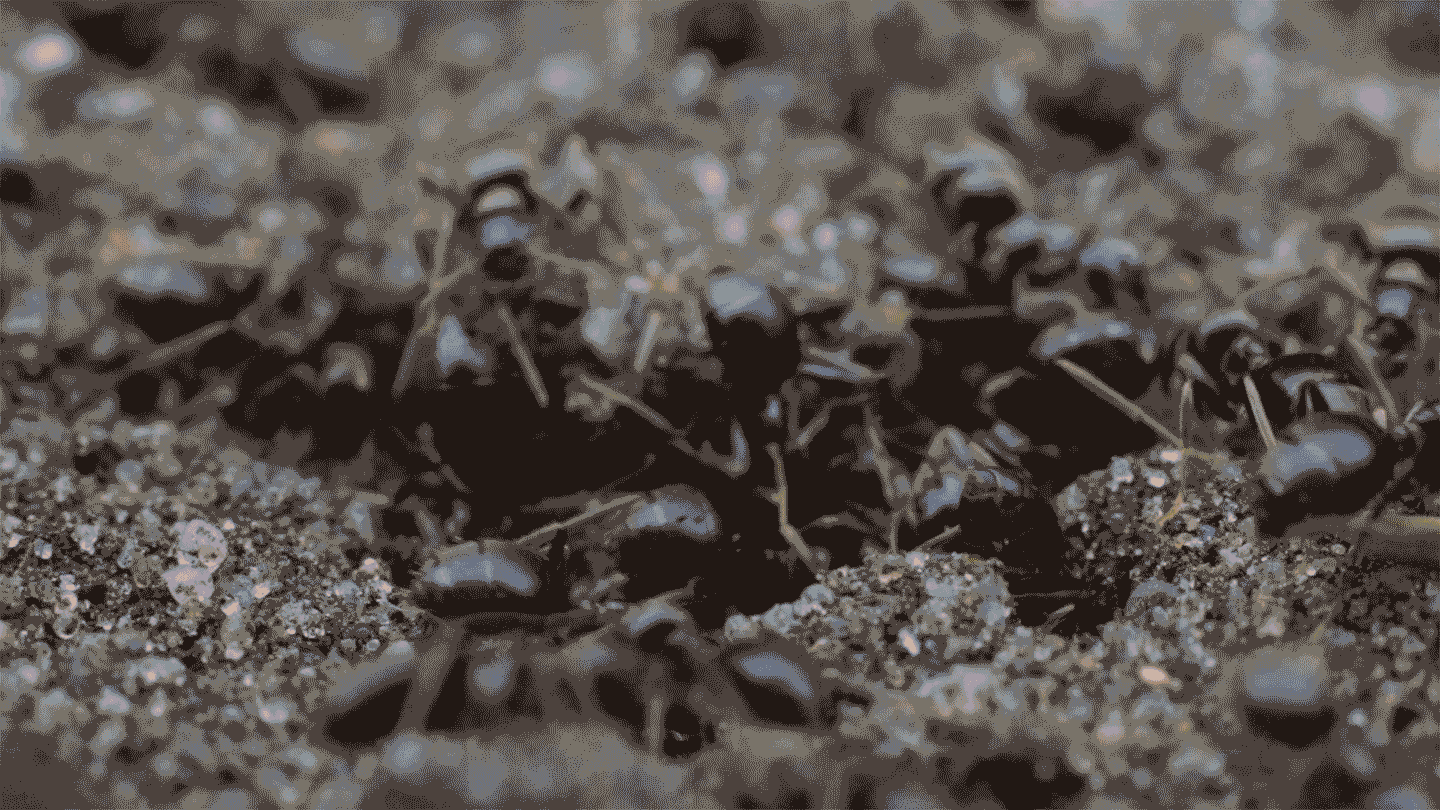 Animals
AnimalsAnts changed the architecture of their nests when exposed to a pathogen
Black garden ants made tweaks to entrances, tunnels and chambers that may help prevent diseases from spreading.
-
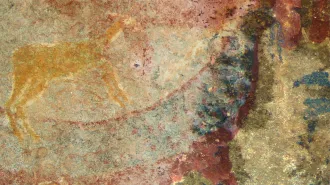 Anthropology
AnthropologyFossils of an extinct animal may have inspired this cave art drawing
Unusual tusks on preserved skulls of dicynodonts influenced the look of a mythical beast painted by Southern Africa’s San people, a researcher suspects.
By Bruce Bower -
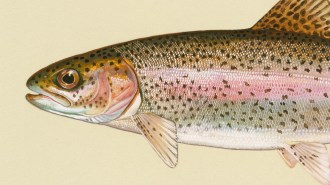 Neuroscience
NeuroscienceSome healthy fish have bacteria in their brains
Animals including mammals usually protect their brains from infiltrating microbes that can cause disease. But some fish seem to do just fine.
-
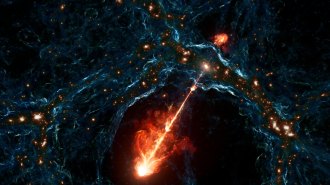 Space
SpaceMeet Porphyrion, the largest pair of black hole jets ever seen
The two plasma fountains, spanning 23 million light-years, could shape cosmic structures far beyond their home galaxy.
-
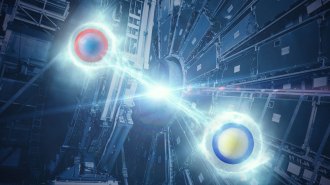 Particle Physics
Particle PhysicsThe Large Hadron Collider exposes quarks’ quantum entanglement
Top quarks and antiquarks produced in the Large Hadron Collider are entangled, a study shows.
-
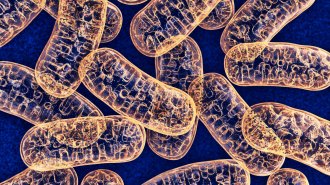 Neuroscience
NeuroscienceMitochondria can sneak DNA into the nuclei of brain cells
An analysis of tissue samples from nearly 1,200 older adults found that the more insertions individuals had, the younger they died.
-
 Physics
PhysicsHow to spot tiny black holes that might pass through the solar system
Flybys of primordial black holes may occur once a decade. Tweaks to the orbits of planets and GPS satellites could give away their presence.
-
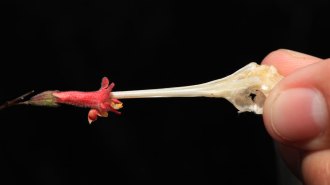 Plants
PlantsProjectile pollen helps this flower edge out reproductive competition
With explosive bursts of pollen, male Hypenea macrantha flowers knock some competitors’ deposits off hummingbird beaks before the birds reach females.
By Nala Rogers -
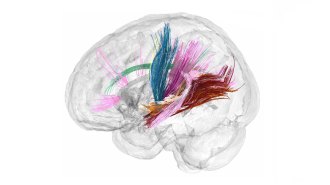 Neuroscience
NeurosciencePregnancy overhauls the brain. Here’s what that looks like
Neuroscientist Liz Chrastil’s brain scans before, during and after pregnancy are providing the first view of a mom-to-be’s structural brain changes.
-
 Space
SpaceHow a dying star is similar to a lava lamp
In a first, astronomers captured how convective forces power the quick bubbling movement of gas cells on the surface of a distant, massive star.
-
 Climate
ClimateCan solar farms and crop farms coexist?
Researchers working in the field of agrivoltaics are studying how to combine solar farming with grazing, crop production or ecological restoration.
By Luke Groskin -
 Health & Medicine
Health & MedicineCan taking ashwagandha supplements improve health?
Ashwagandha is all over TikTok. Some studies report benefits, but more research is needed.